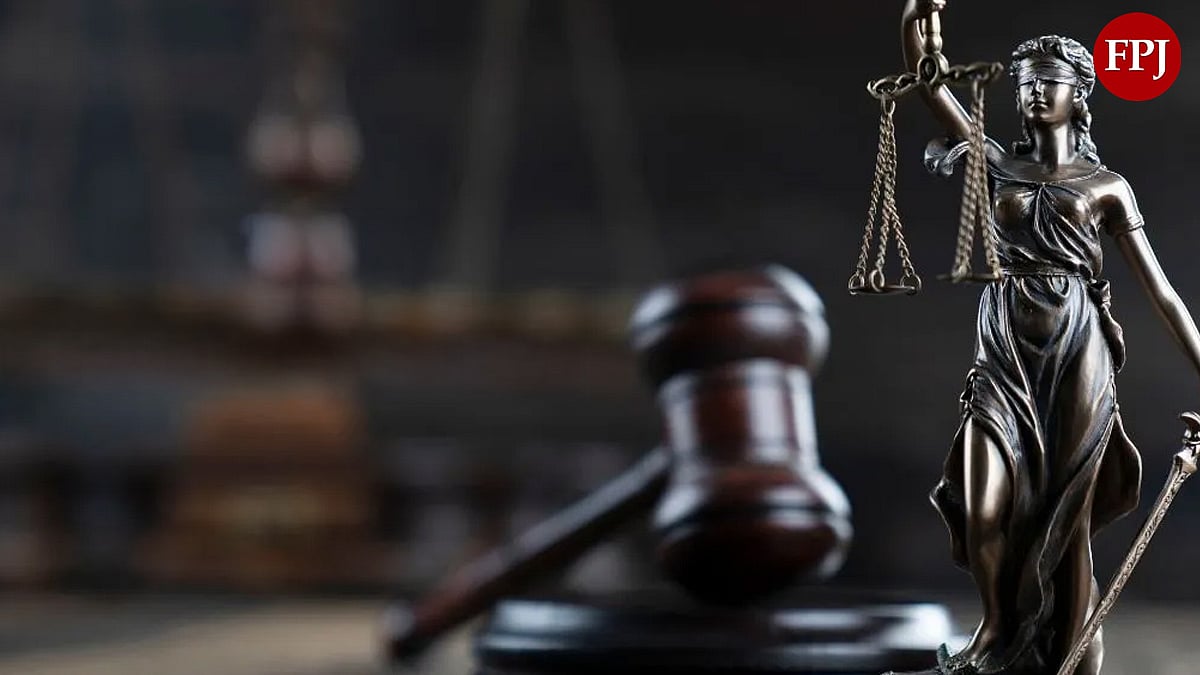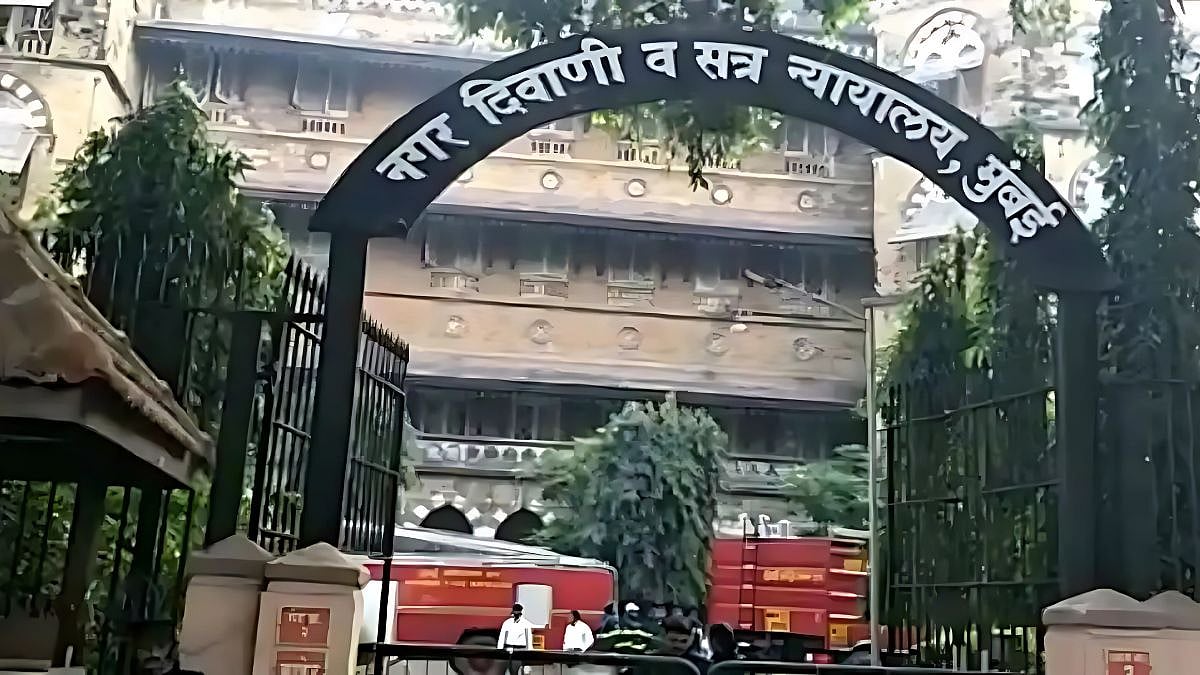After having put all election-sensitive issues beyond the 2019 Lok Sabha poll, the Supreme Court has resumed its business. All those issues will now come up before the court, but only after it had conveniently deferred all of them to a more opportune time.
There is a certain consistency in the court’s approach of convenience. A close look at some of the recent decisions would suggest that such an approach may have played an important role in decisions being deferred in sensitive issues.
It is certainly not a bad idea to steer clear of possible criticism of favouring one side or the other, but it will put doubts in the minds of people whether extraneous considerations influence decision making at the highest court, which is supposed to be based purely on legal merits.
The most election-sensitive issue for consideration of the court before the summer recess was Rafale, on which the court had on the last day reserved its order on the review petitions filed against the court’s earlier verdict, declining a probe into the controversial French aircraft deal.
Rahul Gandhi’s discomfiture over his forced apology to the Supreme Court for contempt of court for misusing the name of the apex court to put Prime Minister Narendra Modi on the mat had robbed Congress of what it imagined as its trump card against BJP.
But it still had significant value as a campaign point. A decision either way before the elections would have had a huge impact on the voting trend, especially as there were some adverse points in the court’s observations.
These related to the government’s objections against examining the documents leaked by newspapers, which raised doubts about the deal that was supposed to have been personally negotiated by the Prime Minister.
The court rejected Attorney General K K Venugopal’s argument that the documents were obtained without authorization and hence violated Official Secrets Act. But to the great relief of the Modi government, the court did not pronounce a verdict.
With the all-important elections off the way, it now hardly matters how the case finally ends up. It is doubtful if the main sponsor of the Rafale campaign himself has any energy left for carrying on. The election results showed convincingly that the ‘chowkidar chor hai’ proposition failed to cut ice with the masses.
The other most politically sensitive issue of Ramjanmabhoomi had already lost its relevance for the election as the Supreme Court conveniently passed the responsibility to the three-member mediation panel appointed by itself.
The panel itself followed a policy of convenience by asking for more time to strike a deal among the contending parties.
With the parties involved in the dispute themselves questioning the prospects of any success, it remains highly uncertain as to whether the committee would have served any purpose other than putting the issue beyond the scope of the election.
A year before the elections were due, the Ayodhya issue was supposed to change the narrative of the 2019 Lok Sabha poll, as the saffron elements had mounted pressure on the Modi government to force a decision either through the court or outside on the construction of the temple.
But for all practical purposes, it remained a non-issue in the election campaign, which was hijacked by issues of national security and patriotism, both having been used with telling effect by Modi to move the crowds.
The Sabarimala issue, in which the Supreme Court decision on a spate of review petitions, was supposed to arouse passions, played out completely in the elections, with the Kerala government, ever so keen to take women of all ages to the sacred hill shrine, facing a complete rout at the hustings.
It was as though the people of the state had decided that, irrespective of what the Supreme Court would have said, they would teach the communists a lesson they will never be able to forget in their own lifetime or that of the future generations of leftists.
But there are cases that still hold the potential for much suspense. The case involving charges of impropriety against Chief Justice Ranjan Gogoi by one of his former female court staffs will continue to demand attention.
Already there is a build-up due to the reinstatement of her relatives in the Delhi Police, who were said to have been victimised for the female employee’s audacious charge against the most important functionary of Indian judiciary.
The course of action followed by the court so far has already drawn flak, with those opposed to the Chief Justice questioning the probity of the court constituting an internal committee to probe the allegations, whose credentials have been questioned for lack of confidence in its impartiality.
Also keenly watched is the outcome of the probe by former judge Justice A K Patnaik regarding the conspiracy plot behind the allegations against the CJI.
K Raveendran is a freelance journalist. Views are personal.




